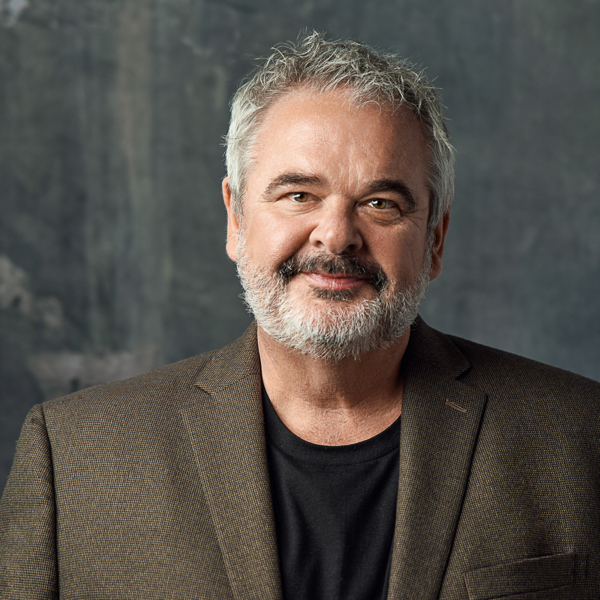Our eldest son Oliver is now living and working in Japan. And when I say Japan, I don’t mean Japan= Tokyo; as in China= Shanghai or Italy= Rome– each of them huge, sprawling international versions of each other where you’ll always be close to a Starbucks. For the next two years, his home is a small city, Esashi, population 8000, give or take, in Hokkaido. He has a government-sponsored job with the local school district, tasked with raising the capacity for English-speaking among teachers, students and the wider community. He’ll learn invaluable lessons that come with having any job, and working out the flow between personal expression and the expectations of his employers. But his primary reason for being there, he is clear, is to become fluent in Japanese, as this is critical for his future career as an academic. He’d completed two years of learning Japanese at the University of Denver, but there is a difference between classroom learning and an immersion in the culture.
So the other day we were speaking on Line (the Japanese text/voice app), and I asked him how his Japanese was coming along.
He told me the story of having a conversation recently with someone in the community about something they needed to make a decision together on, I can’t recall the details. But I do remember Ollie explaining the difference between what’s going on regularly for him now, compared with his travels through Europe in his ‘gap year’ (strange term, ’gap,’ for a year that had so much richness in it!). And here is the difference he shared with me: that when his Japanese is not good enough to produce an easy understanding in his audience, he can’t expect there’ll be a fallback like when he was in Germany, for example. That when his German was not good enough, his German counterparts would always be able to slip into near-perfect English and rescue the conversation. Where he is in Japan, there is no such fallback available. His Japanese halts, and his Japanese counterparts have almost zero English.
And so what occurs then is patience, and persistence, and a desire to somehow connect, despite the lack of technically correct language. They make a subtle agreement that they will find a way forward, together. That connection will matter more than the reasons to have a problem.
In other words, there is unconditional communication, driven by empathy and creativity, and care.
And that’s part of my vision for this thing I call unconditional communication. Because the alternative, which is two smart minds, defending their own egos by labeling and judging the other, explaining why reality should be different than it is. All that? I’m so tired of it.
